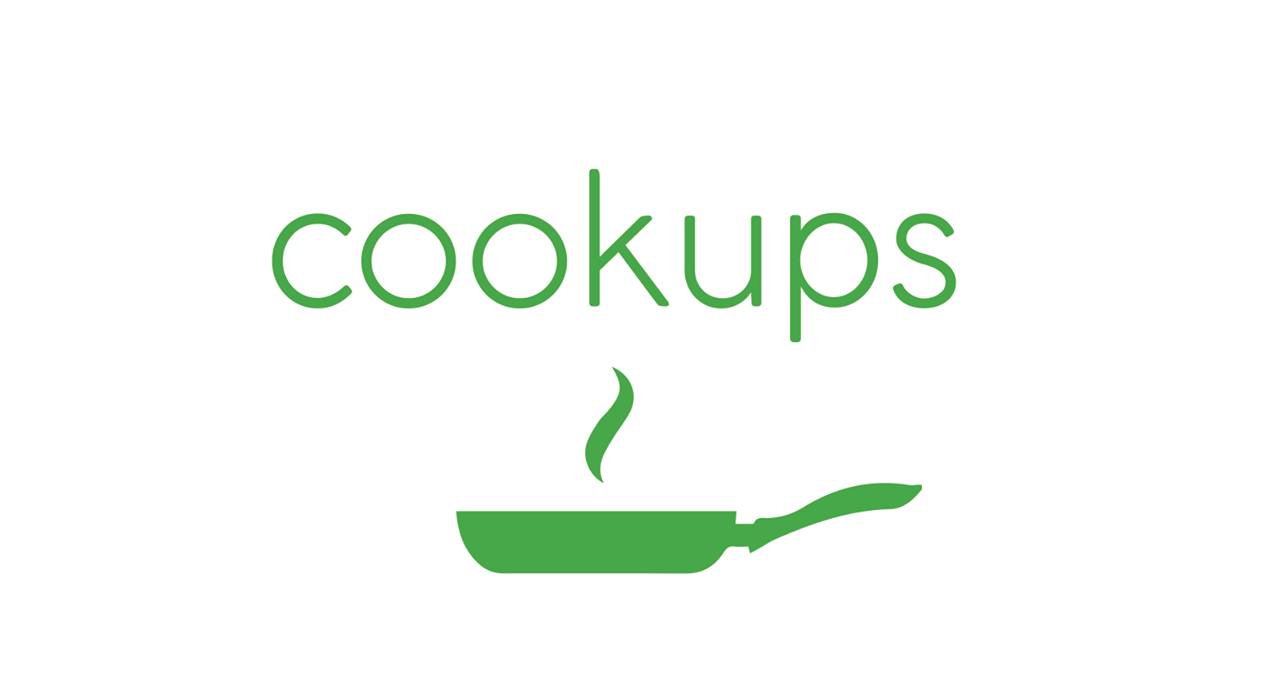
After almost three years of operations and multiple changes in strategy and product direction, the Dhaka-based on-demand home-made food delivery company Cookups is shutting down today. The company announced in a Facebook post that it would be ceasing all operations for the Cookups app and food delivery service on Sunday, August 18, 2019. The company is ending operations immediately after it failed to raise sufficient funding to continue its operation.
“It is with a very heavy heart that we need to announce that we have decided to discontinue and shut down operations for the Cookups app and food delivery service. Today will be our last day of deliveries. We are very sorry it had to come to this as we were unable to raise sufficient funding to continue. Thank you immensely for being part of that part of our journey and for believing in us and we are grateful for the opportunity we had to bring you delicious food from amazing cooks from around the city. We are however going to use this page for our venture Cookups Rannaghor going forward, which as of now you can order through Uber Eats,” the company announced on Facebook.
Like many other on-demand services in Dhaka, the company has also been struggling to find sufficient traction to build a scalable and sustainable business. While Cookups shuts down its app and delivery service operations, it will continue to operate its restaurant service Cookups Rannaghor, which users could order through Uber Eats and other food delivery platforms.
Cookups was launched as a Facebook group for homemade food and diners on 25th July 2016. Cooks upload photos of their homemade food to the group following Cookups posting guidelines and the other members of the group, diners, order through commenting or messages. Once an order takes place, the respective cook/merchant collects the address and other details of the client and schedule a delivery.
When we first covered Cookups in 2017, it had about 100 cooks/merchants on its platform, which was a Facebook group, 16,000 members and were serving around 1500 orders a month. The latest we covered the company in 2018. At the time, it evolved into an on-demand home-made food delivery company. It launched web and app; it claimed that it had thousands of daily active users, expanded to groceries, health food and catering.
The company was trying to position itself as an ecosystem of products and services around safe food. While it was trying several new things, it was struggling to grow its daily order numbers.
The company raised multiple rounds of seed investments from both local and international investors. It is also one of the recipients of a small grant from the Bangladesh Government’s iDEA initiative. At its peak, Cookups was a team of 33 people including delivery agents.
Cookups was an interesting startup. It started as a Facebook group and successfully made the transition to an independent platform with its own app and website. While it has evolved as a product, it largely failed to find a product-market fit, build a scalable business model and generate enough traction to sustain its business.
On-demand homemade food delivery sounds like a sexy idea but in reality, it is a tough business to execute for various reasons.
First, home cooks are not professionals. As a result, maintaining consistency with quality and service as well as with supply is an uphill battle. This hurts the growth aka demand.
Second, many home cooks are reluctant to share a cut from their revenue regardless of the support they receive. With the number of professional home cooks who are consistent and willing to share a commission, it is hard to scale a business.
All these challenges make it pretty challenging to build a venture-funded business in homemade food delivery space.
These realities exacerbated Cookups operational challenges. It failed to find a product-market fit where it could routinely grow without investing much into discounts and all the other things for growth. For the most part of Cookups existence, Cookups numbers were not that promising. Instead of fixing its fundamental business model and product-market fit challenge, it tried to expand into other verticals such as health food, grocery and so on.
That being said, competition has grown significantly in the food delivery space in recent times in Dhaka. Companies like Foodpanda, Uber Eats, Shohoz, HungryNaki are spending heavily making the space a hyper-competitive one. The changing competitive landscape also contributed to the fall of Cookups.
Over the past years, we’ve extensively covered Cookups. Here are some of our most interesting stories on Cookups:
[su_divider top="no" divider_color="#adacab" link_color="#edde29" size="1"][/su_divider]
Cookups, the on-demand homemade food marketplace, has been doing a lot of interesting stuff lately. For example, it has been selling fresh produce…
[su_divider top="no" divider_color="#adacab" link_color="#edde29" size="1"][/su_divider]
In the world of Dhaka's online food delivery business, Cookups is a fascinating startup. In 2017, when we first covered Cookups, it was just...
[su_divider top="no" divider_color="#adacab" link_color="#edde29" size="1"][/su_divider]
If you take a closer look around you, you will notice some subtle but profound changes in our society and culture: An increasing number of women…
[su_divider top="no" divider_color="#adacab" link_color="#edde29" size="1"][/su_divider]
Food is a big business and it is a complex problem. There are hundreds of verticals within the food that deserve attention starting from food…
[su_divider top="no" divider_color="#adacab" link_color="#edde29" size="1"][/su_divider]
Today, we live in a different world. Airbnb has made it perfectly simple for us to sleep in a stranger’s house, we are happily using someone..
Updates on August 20th at 10:42 PM: We have updated information related to Cookups and iDEA initiative grant as well as Cookups orders number from a year ago.
